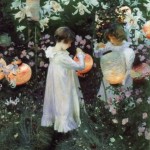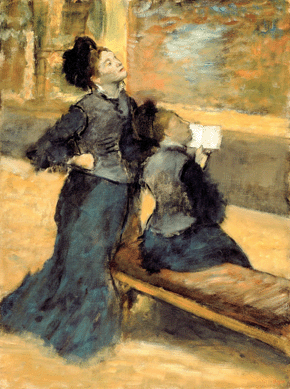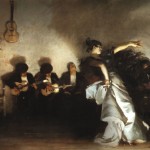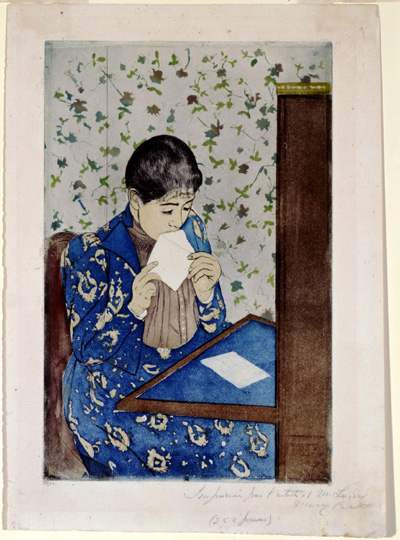Vanity Fair
Tuesday, May 18th, 2004
Thackeray endows Rebecca Sharp — “that artful little minx — with all the qualities which make his own writing so delightful. He portrays Rebecca as an artist — the lost, brilliant child of a singer and a painter, singing and dancing, scheming and dreaming her way though life.
Read the full article »


